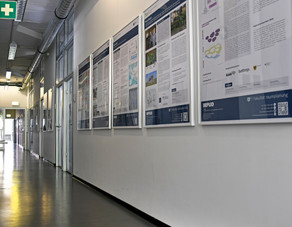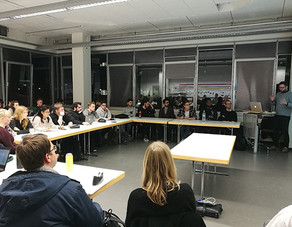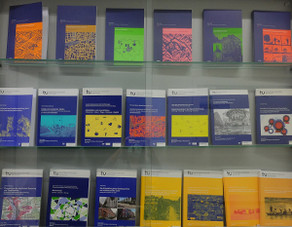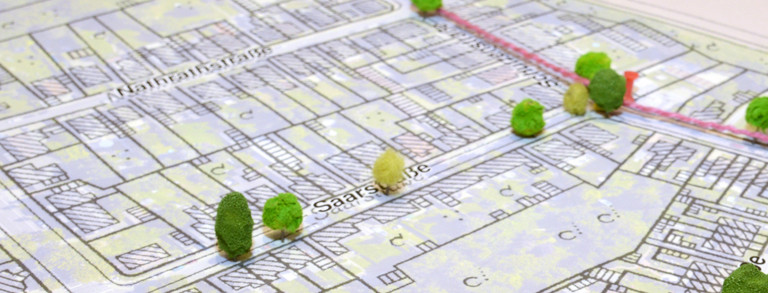AsPIRE - Aspatial Peripherality
Project duration: 01/2001 to 12/2004

The objectives of the project 'Aspatial Peripherality, Innovation and the Rural Economy' (AsPIRE) of the 5th RTD Framework of the European Union are: to establish the concept of 'aspatial peripherality', to provide a methodology for measuring/mapping it through regional indicators and to generate best-practice and policy evaluation guidelines.
'Aspatial peripherality' is a term devised by the project team to describe a range of processes which are increasingly emerging to compound or distort the handicaps conventionally associated with remote locations. At a time when physical distance or travel/freight costs are becoming less and less a constraint to economic activity and quality of life, the benefits to peripheral and more accessible regions alike may be masked by the effects of poor utilisation of new information and communications technology or by inadequate networks linking local business, development agencies and global sources of information or markets. Similarly aspects of social capital, characteristics of regional governance or institutional structures may result in relative isolation from the core regions which are perceived as the motors of economic and social change. On the other hand, peripheral regions in which such essentially non-geographical characteristics exert benign effects, are likely to exhibit higher rates of economic growth and better quality of life than would normally be associated with such remote locations.
AsPIRE is a co-operation of seven partners from Finland, Germany, Greece, Ireland, Scotland and Spain under the leadership of the Rural Policy Group of the Scottish Agricultural College in Aberdeen. The project will conduct five thematic studies on the role of information and communication technologies, business networks, governance, social capital and tourism for peripheral regions as well as twelve regional case studies. IRPUD will be responsible for providing a state-of-the-art review of spatial peripherality and for establishing a database of indicators of spatial peripherality. In addition IRPUD will conduct two of the twelve regional case studies in the counties of Bitburg-Prüm and Rottal-Inn in Germany.






